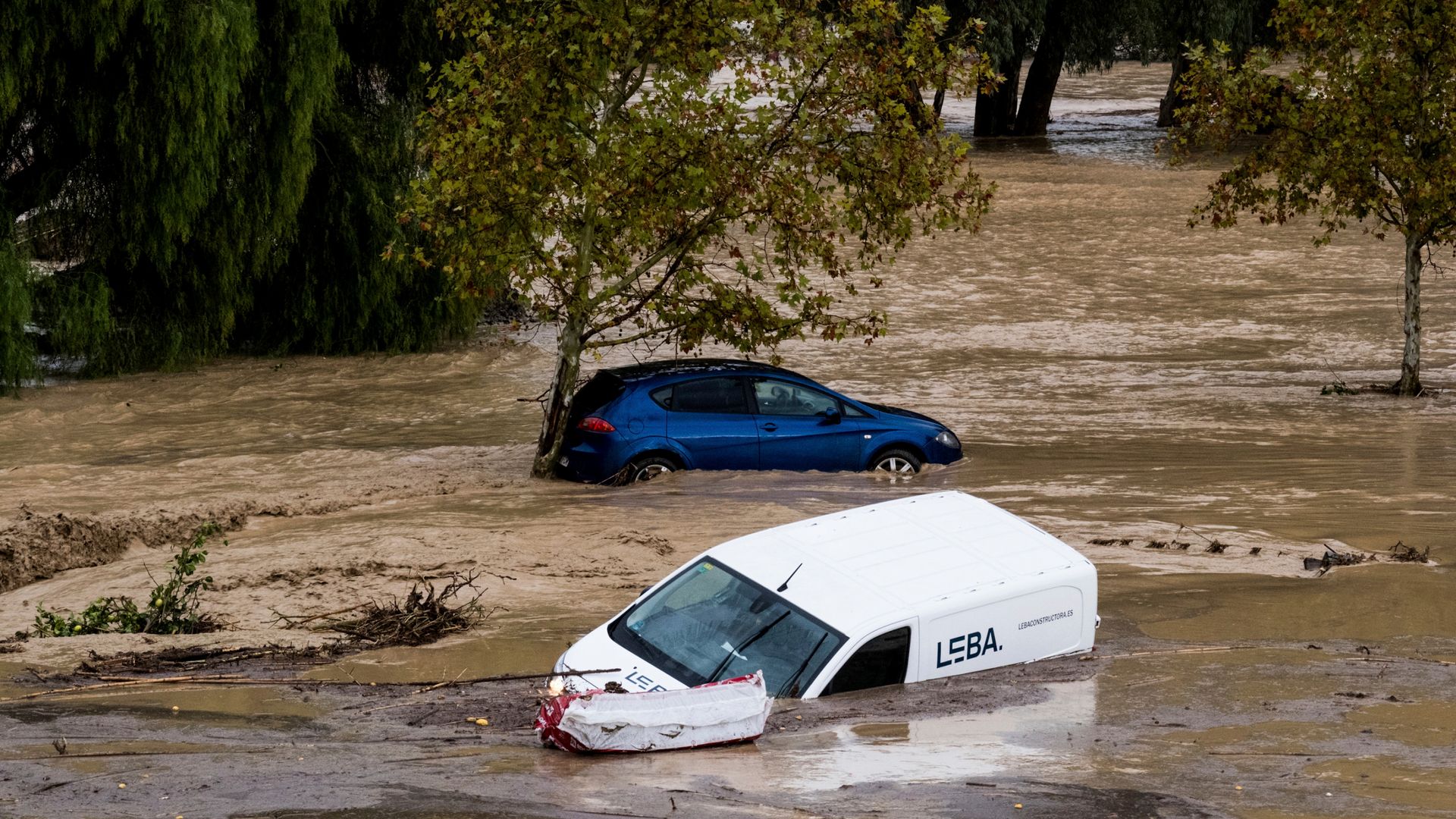
The BDN Opinion section operates independently and does not set newsroom policies or contribute to reporting or editing articles elsewhere in the newspaper or on bangordailynews.com.
Sean Mahoney is executive vice president and director of the Conservation Law Foundation’s Maine Advocacy Center.
Here in Maine, the memory of winter is never too far behind, even in June. We’re no strangers to long, brutal winters marked by short days, snow and freezing temperatures. During the winter months, the last thing Mainers want is to lose power and freeze in the dark. And like clockwork every winter, there is an ominous warning that rolling blackouts as a result of insufficient fuel are a real and distinct possibility not only for Mainers but for everyone in New England.
So who’s responsible for causing this alarm? That would be ISO New England, the organization that oversees our six-state power grid. Since at least 2005, ISO has been claiming that we could freeze in the dark because we don’t have enough natural gas or enough power plants to keep the lights on each winter. The solution? According to ISO, piping in more fossil fuels unless we want to shut sections of the power grid down in controlled, rolling blackouts until more fossil fuels can be piped in.
As it happens, ISO is using this threat of rolling blackouts not only to push for increased fossil fuel usage, but also to throw roadblocks in the way of what we need most: more clean energy. ISO most recently postponed by two years the removal of a long-standing rule that tilts the playing field in favor of fossil fuels and prevents fairly competing in the ISO markets that determine who generates electricity in the region.
As for why clean energy like wind and solar aren’t the solution to fixing the New England power grid, ISO claims it’s because this energy infrastructure would take too long to build. This might seem like a reasonable thing to say, but when you consider the fact that they’ve been saying this for the past 17 years, a period during which they could have at least laid the groundwork for the incorporation of green energy into the grid, it stops seeming quite so reasonable.
There’s an irony to all this. While we aren’t having controlled blackouts caused by a lack of access to fossil fuel resources, we are seeing more power outages caused by climate-related disasters like hurricanes, Nor’easters, flooding, and strong winds. So, over the course of the last decade, inaction on clean energy driven by fear of contrived blackouts has, in fact, contributed to an increase in real power outages.
Here in Maine, we’re not being spared from the effects of climate change. Rising temperatures are threatening several important industries, none more so than our fishing industry. While rising sea levels are a cause for concern for residents living close to the coast, rising temperatures in the Gulf of Maine are threatening iconic species like lobster and cod while providing the perfect conditions for the spread of illness among fish and shellfish species that are frequently featured in our restaurants and supermarkets.
To fight climate change, we need increased electricity – for cars and trucks, for heating homes and businesses, and for public transportation. But that electricity needs to come from clean power sources, not fossil fuels. The average Mainer might not have heard of ISO, but its decisions affect each of our everyday lives. Funded with money from our electric bills, operating mostly behind closed doors, with executive salaries in the six and seven figure range, and with ample influence from power companies, ISO determines what is needed for New England to keep the lights on, sets the price for electricity, and – crucially – plans the future of the region’s electric system.
To fight climate change – and power outages – we need a strong and committed power grid operator that makes cleaning up our power generation mix its first priority. All six New England states have put ISO on notice. It has been more than a year since ISO received their request that it immediately take steps to address climate change. So far, this request has been ignored.
It’s time for policymakers in Maine and in the five other New England states to devise a concrete plan to hold ISO accountable. Then and only then will we see real change.










